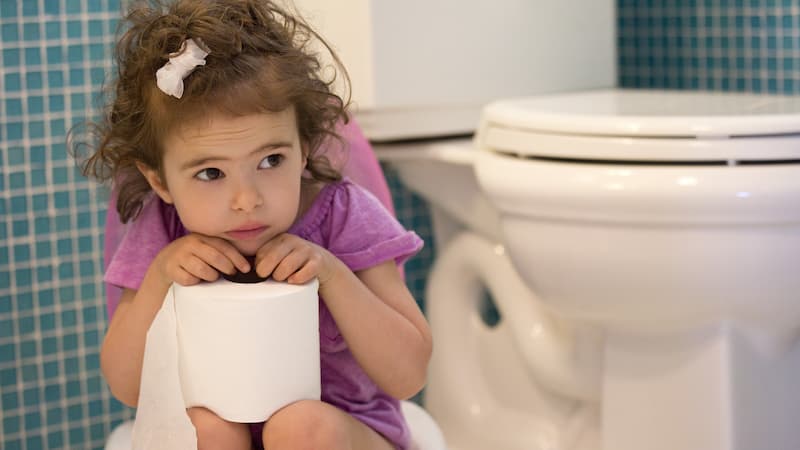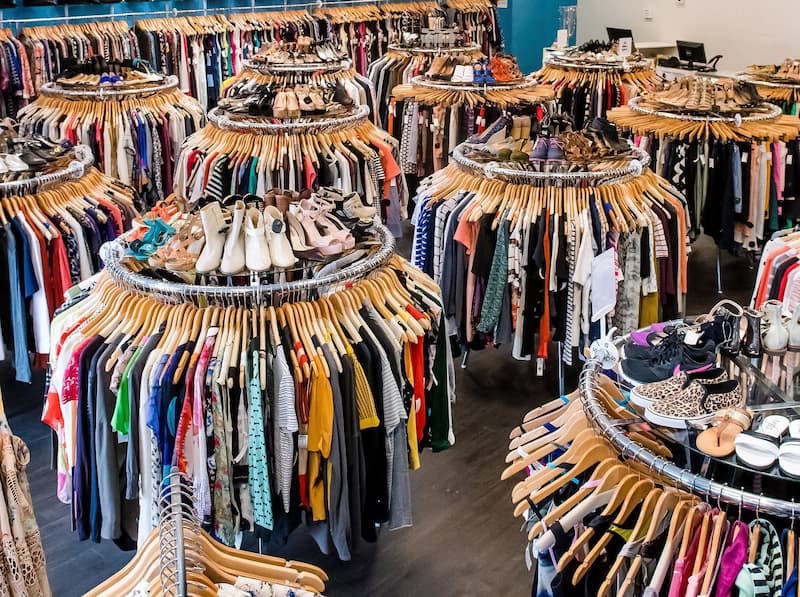Everyone poops, not just because it’s the name of a well-known potty training book, but because it’s a basic reality of life. But the majority of people just flush it away without giving it any thought.
So, here’s the question: can you sell your poop?
Yes, you can sell your poop.
In the spirit of one man’s trash being another man’s treasure, the non-profit company OpenBiome is actually paying for stool samples in order to create lifesaving fecal transplant treatments for those infected with Clostridium difficile, a bacteria which is highly resistant to antibiotics.
Continue reading.
Table of Contents
How Can Healthy Poop Benefit Ill People?
Did you know … The human body has an estimated 100 trillion “good” bacteria in it, many of which reside in our gut. This beneficial bacteria aids our bodies in digesting foods that we cannot normally digest, such as carbohydrates, fatty foods, and other substances.
Sadly, a lot of people have digestive problems and unhealthy guts. Their digestive tracts gradually deteriorate over time because their stomachs lack the beneficial bacteria needed to operate normally. In extreme circumstances, people pass away.
Probiotics (found in yogurt, kombucha, and other beverages) can be somewhat helpful.) But when compared to the 100 trillion bacteria required for a healthy gut, these meager amounts of good bacteria are like drops in a bucket. Probiotic use is comparable to applying bandages to gunshot wounds.
And antibiotics sometimes worsen the problem … Doctors give people an antibiotic to kill bad bacteria, but in many cases, it also wipes out the good bacteria, worsening digestive issues.
Therefore, in the late 1950s, medical professionals began experimenting with fecal matter transplants. In essence, they inject the poop of a healthy person into the gut of an unhealthy person. The sick person’s health quickly gets better as the beneficial microbes from their poop begin to populate in their stomach!
Fecal microbiota transplantation (FMT) is a procedure used to treat conditions like obesity, clostridium difficile (C diff), Crohn’s disease, and colon cancer. To help treat patients who require FMT procedures and advance their medical research, labs, clinics, and hospitals all over the world are looking for healthy stool samples.
This is where YOU come in…
Can You Sell Poop? How To Qualify
Before you rush off to the restroom, you must know that only extremely healthy people can become a stool donor.
Ideal prerequisites to becoming a stool donor are:
- people who are between the ages of 18 and 30. (If your parents agree, you can be younger than 18 years old. There are numerous sick children who require FMT, and it is preferable to pair up young children in need with a similar-age donor.)
- It’s essential to have regular, healthy bowel movements. Consider using the Bristol Stool Scale. The ideal stool type for testing is 3, 4, or 5. No constipation or diarrhea,
- It’s crucial to be both physically and mentally fit. You must be in perfect order! (I was powerless to stop that.)
- No significant illnesses, allergies, drug users, or those who have recently taken antibiotics were present.
Additionally included in the initial screening procedure are stool and blood tests, the cost of which is typically covered by the recipient.
Fill out this questionnaire to see if you’d make a reliable potential donor.
(Budgets Are Sexy is a referral partner for HumanMicrobes.org, which is disclosed. This blog may receive a small payment if you meet the requirements and actually sell your poop.)

How Much Is Poop Worth?
Depending on how healthy and regular your samples are, you can be paid $40 to $75 per stool donation.
Therefore, if you go to the bathroom normally every day, at a cost of $40, you could potentially spend $1,200 per month! Or $14,400 annually. Not bad!
Keep in mind, though, you only get paid if your donation is healthy and usable. The average monthly income of a stool donor, according to OpenBiome, a national stool bank, is around $300.
Who Buys The Poop In Reality?
I will admit that when I first heard that you could sell poop for cash, I had my doubts about the buyers. Rest assured, buyers are legitimate medical facilities that need healthy poop for a sick patient or continued gut microbiome research.
There are more and more clinics that perform fecal transplants, and they are all looking for reliable, healthy donors.
Medical donors and recipients can more easily find one another thanks to online organizations like HumanMicrobes. You simply register as a healthy donor, go through the qualification process, and then get matched with a clinic or laboratory that needs you.
What Is The Procedure For Donating Stools?
Most clinics and labs place their orders for delivery on dry ice. So you can poop in the comfort of your own home and then send your waste to the recipient or stool bank that matches you. Here’s the process:
- pass the screening process and qualify.
- Put your waste in a bag that you can seal.
- Store in the freezer (easier to store up and ship multiple samples together)
- Deliver fecal sample on dry ice. (Or, if you live nearby, you can arrange drop-off of your donated feces)
Usually, whoever buys your poo will pay for all shipping and packaging expenses. They want the process to be as simple for you as possible.
Some hospitals or stool banks allow in-person donations. You must reside in the region and make frequent trips to the Cambridge OpenBiome facility, which is located in Boston.
What Happens To The Poo?
For fecal microbiota transplantation (FMT), stool samples are currently being used. FMT is used to help treat patients with recurring C. difficile colitis. Every single year, there are roughly 500,000 infections in the US. Although FMT has been found to be a promising treatment, this illness is contagious and can affect anyone.
Since C. difficile colitis is so common, companies like More patient options are something that HumanMicrobes is passionate about offering. The tests are rigorous to make sure the patient doesn’t run the risk of contracting any other infections, and finding a suitable stool donor is extremely difficult.
Whereas Are Donors Selected?
Currently, this program accepts less than 0.1% of donors. The application process entails a thorough questionnaire that takes about 15 minutes to complete, the verification of the type of stool, the recipient’s physical fitness, and blood and stool testing, which are all covered by HumanMicrobes. The procedure is meticulous because it must be guaranteed that no illnesses or pathogens are transmitted to patients.
Healthy, young athletes between the ages of 18 and 30 are the most frequently accepted applicants. With parental permission, minors under the age of 18 can also donate blood. Additionally, it is preferred that the donors do not frequently take antibiotics.
Because there are so few candidates who qualify, HumanMicrobes primarily accepts donations from North America and Canada, though they are open to donations from anywhere in the world.
Can Your Pee Be Sold For Cash?
You might be thinking, “I might as well try to sell my poop now that I’ve crossed this line!”
Sorry to tell you that urine doesn’t really have any medical benefit to humans. Even the sale of poop is prohibited in some American states. states because people use it to cheat on workplace drug tests.
Conclusion
Even though anyone can do it, not everyone is a good candidate to be paid for it. Before joining the registry, donors must be local to OpenBiome’s lab in Medford, Massachusetts. A blood and stool test is then offered to applicants who pass the age, BMI, and health pre-screening requirements. Following that, donations are made at least four times a week for 60 days, after which each donor is reassessed. The previous samples are then made into capsules and sent to patients across the nation once the results of the subsequent round of blood and stool tests are clear.


